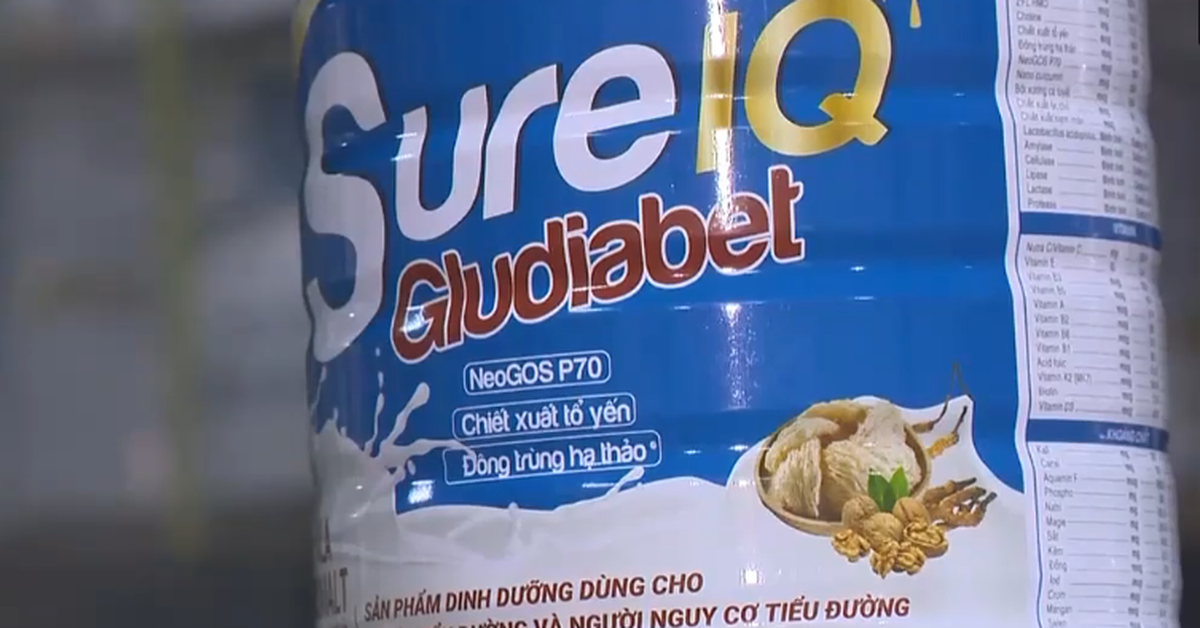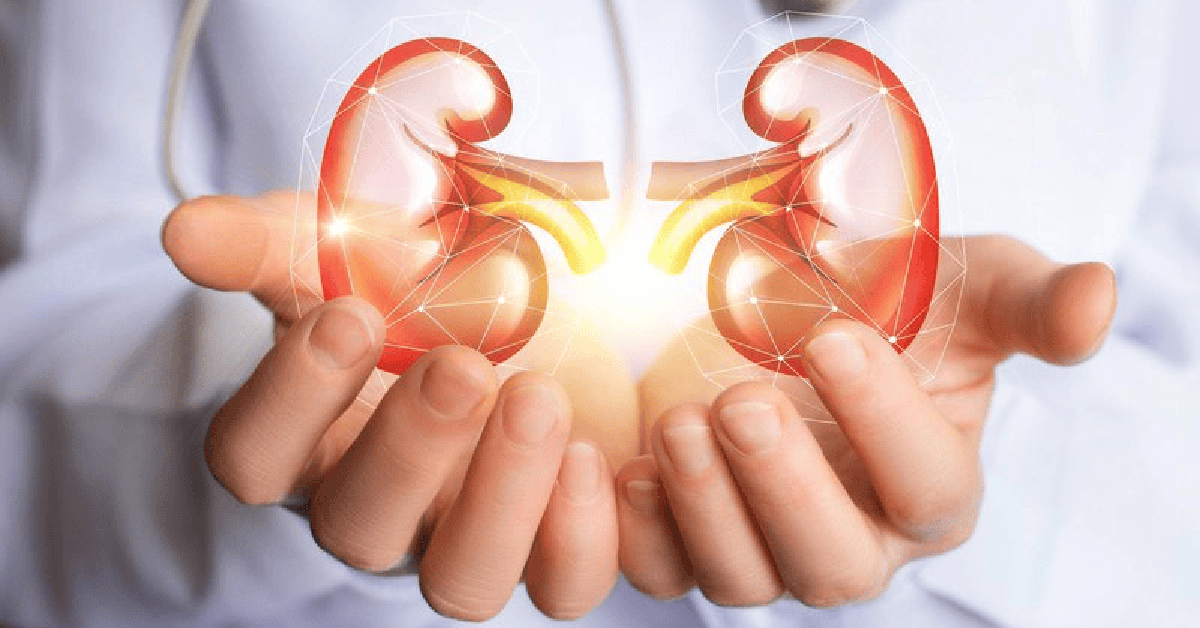Irritable bowel syndrome has a significant impact on the patient's life and activities. Diet and lifestyle play a very important role in preventing and controlling the symptoms of this syndrome.

According to Associate Professor, Dr. Nguyen Anh Tuan - Deputy Director of the Institute of Digestive Surgery, Head of the Department of Digestive Surgery, 108 Central Military Hospital, to prevent irritable bowel syndrome (IBS), it is necessary to combine many measures.
Nutrition
Avoid foods that irritate the intestines: Certain foods can trigger IBS symptoms, such as spicy foods, chocolate, coffee, and carbonated drinks. Limit these foods to reduce the risk of irritating the intestines.
Low FODMAP (Fermentable Oligosaccharides, Disaccharides, Monosaccharides, and Polyols) diet: Recommended for people with IBS. These compounds are found in certain fruits, vegetables, and grains, making them difficult to digest and leading to uncomfortable symptoms like bloating, abdominal pain, and diarrhea.
Increase fiber-rich foods: Fiber helps soften stools and improve digestive function. However, if you have IBS symptoms along with bloating, choose soluble fiber from fruits and vegetables such as apples, carrots, and broccoli instead of insoluble fiber.
Drink enough water: Drinking enough water helps keep your digestive system running smoothly and prevents constipation, a common symptom of IBS. You should drink at least 8 glasses of water a day.
Healthy living habits to protect the intestines
Lifestyle and habit changes are essential to prevent irritable bowel syndrome and maintain digestive health:
Eat on time and slowly: Irregular eating can disrupt the body's digestive rhythm. You should maintain regular meal times, divide your meals into small portions and eat slowly to help with digestion and avoid stress on the intestines.
Reduce stress: Stress is one of the strongest triggers of IBS symptoms.
Practicing stress-reducing techniques such as yoga, meditation, and deep breathing techniques can help improve mental health and reduce your risk of disease.
Avoid smoking and alcohol: Smoking and alcohol can increase irritation and inflammation in the gut, worsening IBS symptoms. Quitting smoking and limiting alcohol will improve digestive health.
Physical exercise
Exercise not only helps control weight but also has a positive effect on the digestive system, thereby reducing the risk of IBS.
Exercise regularly: Gentle exercises such as walking, swimming, yoga can improve digestive function, reduce stress and promote blood circulation. Regular exercise of at least 30 minutes a day will help reduce IBS symptoms.
Stress-reducing exercises: Yoga and breathing exercises help calm the nervous system and aid digestion, especially for people with stress-induced IBS symptoms.
Handling when detecting risk factors
When risk factors such as stress, food sensitivities or digestive infections are detected, timely adjustment and treatment measures are needed to prevent IBS.
Food sensitivities: If you experience IBS symptoms after eating certain foods, it is important to identify and eliminate them from your diet. Foods such as lactose (found in milk) or gluten (found in wheat) are common intestinal irritants.
Stress: Chronic stress can increase the intensity of IBS symptoms. Using stress management techniques such as meditation, yoga, and engaging in recreational activities can help reduce stress on the digestive system and prevent IBS symptoms.
Gastrointestinal infections: Gastrointestinal infections can be a cause of IBS. Prompt treatment of intestinal infections and maintaining good personal hygiene are important ways to prevent complications of IBS.
Regular checkups and monitoring of IBS symptoms
Regular health check-ups help detect and control IBS symptoms early, thereby reducing the risk of the disease becoming more severe.
Regular gastrointestinal checkups: People with digestive symptoms should see a gastroenterologist to evaluate their condition and adjust their treatment regimen. This is especially important if you experience severe symptoms such as unexplained weight loss, blood in your stool, or persistent abdominal pain.
Symptom diary: Keeping a daily record of your symptoms and eating habits can help you and your doctor identify triggers and adjust your diet or treatment accordingly.
Dr. Tuan emphasizes that preventing irritable bowel syndrome requires a combination of a healthy diet, physical exercise, and stress management. Lifestyle adjustments and regular health check-ups will help protect intestinal health and reduce the risk of IBS.
Source: https://tuoitre.vn/an-uong-the-nao-de-phong-ngua-hoi-chung-ruot-kich-thich-20241125152834995.htm


![[Photo] Closing of the 11th Conference of the 13th Central Committee of the Communist Party of Vietnam](https://vstatic.vietnam.vn/vietnam/resource/IMAGE/2025/4/12/114b57fe6e9b4814a5ddfacf6dfe5b7f)




























![[Photo] Overcoming all difficulties, speeding up construction progress of Hoa Binh Hydropower Plant Expansion Project](https://vstatic.vietnam.vn/vietnam/resource/IMAGE/2025/4/12/bff04b551e98484c84d74c8faa3526e0)



























































Comment (0)